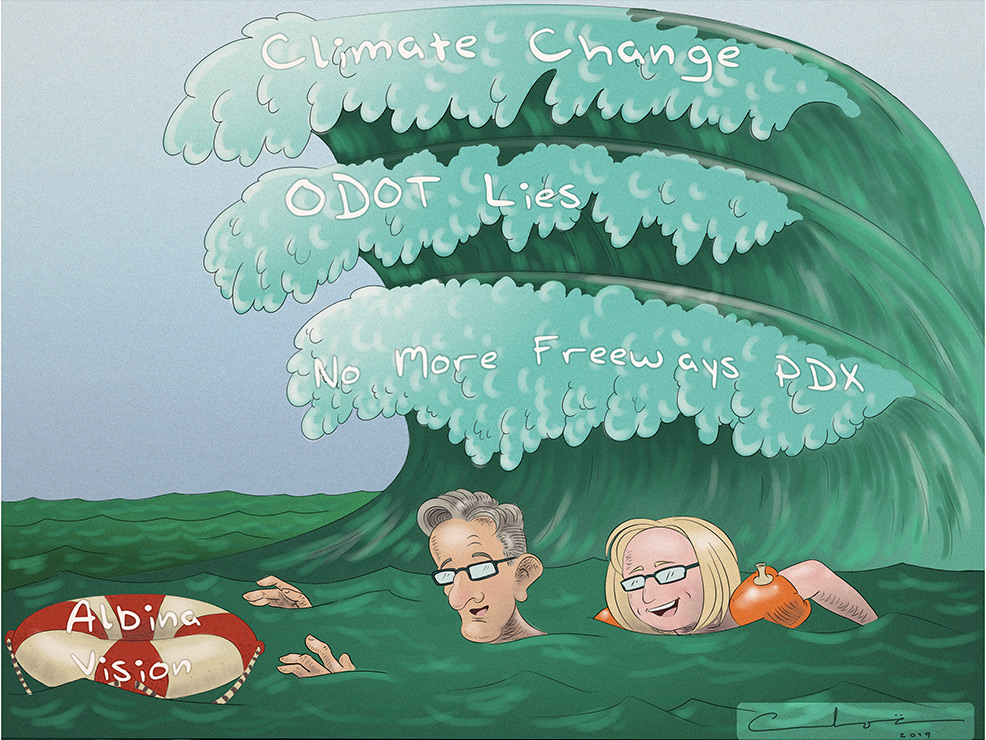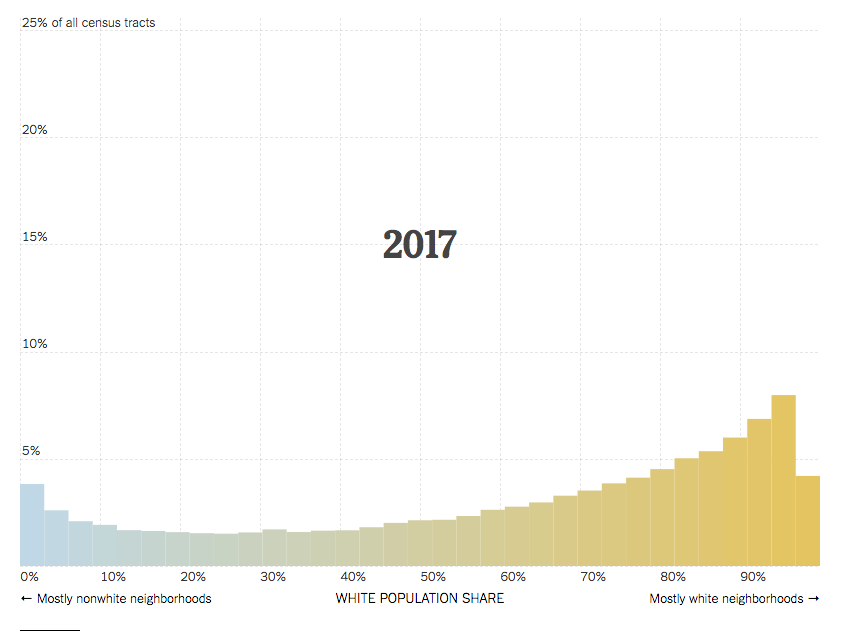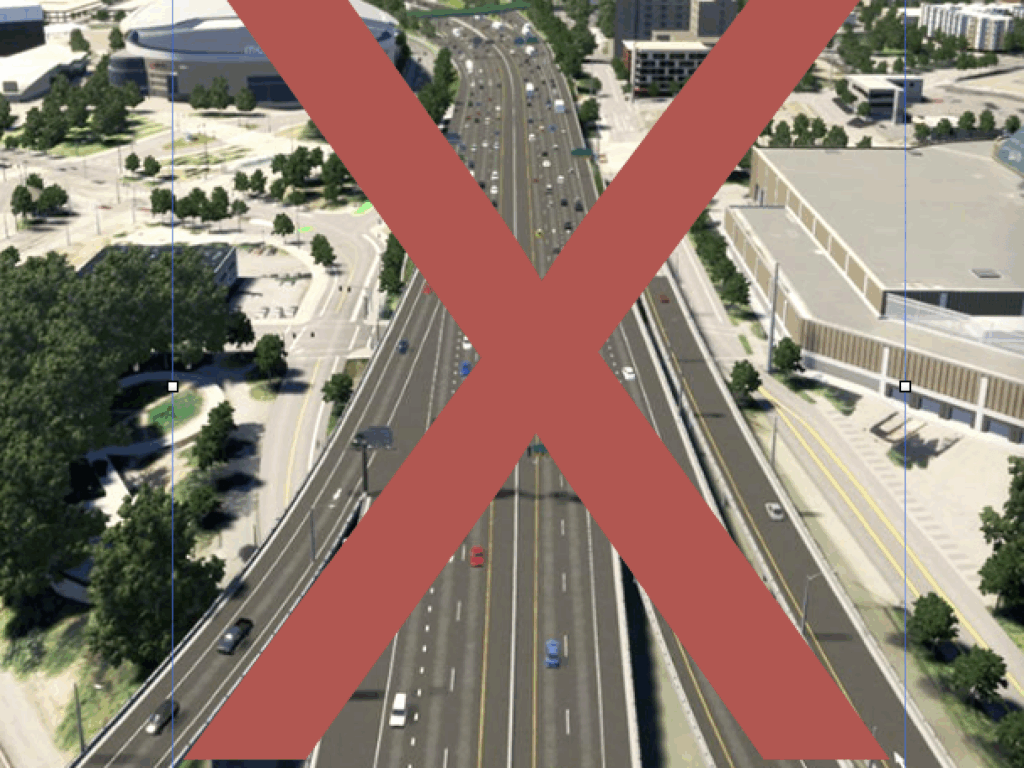What City Observatory did this week
1. The idea of cities and the city of ideas. What cities do is bring people together, and the heightened interaction among people invariably generates friction, but also new ideas. City Observatory’s Joe Cortright delivered the annual Harold Vatter Memorial Lecture on Economics at Portland State University on May 2, on the topic of “Cities and the Knowledge Economy.” As we look back to the earliest great cities, like Athens, their greatest contribution was the generation of new knowledge. That’s still the case today: what powers city economies, and makes them so important to our overall well-being and long term growth is that they can be the places that continually generate new and better ways of living.
2. We add more voices to the chorus of national experts decrying Portland’s proposed half billion dollar freeway widening project and other road expansion efforts. Portland has for a long time prided itself on its pioneering transportation reputation, based on removing downtown expressways, investing early and extensively in transit, and successfully promoting cycling. That makes the current plans to spend half a billion dollars widening the I-5 Rose Quarter Freeway, and spend half of a proposed multi-billion dollar regional transportation plan on even more roads come as a stunning shock to national experts. In recent weeks, Jeff Speck (author of Walkable City Rules) and Transport Politic blogger Yonah Freemark, have added their voices to those of other national experts telling Portland it’s now headed in the wrong direction.
Must read
1. Brussels muscles cars out of its center, creating more room for pedestrians. CityLab’s Fergus O’Sullivan has an on the scene report from Brussels, which is midway through a plan to systematically remove car traffic from much of its urban core, including both narrow streets and squares and axial boulevards. The news is: it’s working. Moreover, concerns that traffic would be displaced and worsened in the area just outside the pedestrian zone haven’t been realized. Just as in the case of Seattle’s closing of its Alaskan Way viaduct, removing road capacity lessens overall car traffic, the hopeful inverse of “induced demand.” When we make more room for people instead of cars, cities flourish.
2. We’re gradually becoming more integrated. The very data savvy New York Times Upshot team has been on a tear lately with their analysis of Census data on the racial and ethnic makeup of US neighborhoods. Their latest effort chronicles the overall decline in segregation in the US. As recently as 1980, fully a quarter of US Census Tracts had populations that were composed of a population that was 97 percent or more non-Hispanic white, and a third of the white population lived in such neighborhoods. In recent years, that figure has declined to about five percent.
3. Portland’s inclusionary zoning law appears to be reducing new multifamily housing construction. Portland’s Daily Journal of Commerce reports a number of developers are holding off from moving forward with new apartment construction projects in Portland due to the cost of complying with the city’s inclusionary zoning law. While some projects have moved forward under the inclusionary requirements, the overall pace of development is waning rapidly. Several developers have said that project’s in Portland no longer “pencil out”–the financial returns from expected rents don’t provide a sufficient profit margin to attract the financial investment needed to move forward. Two downtown towers which have made it all the way through the city’s design approval process are stalled. Given the long lead times to develop and build new apartments, the slowdown in construction now is likely to lead to a renewed housing shortage in a couple of years. The bad news–for renters–developers expect that shortfall to push up rents enough to cover the added costs of complying with the inclusionary zoning requirements.
In the News
BikePortland cited City Observatory’s Joe Cortright in its coverage of efforts to use a proposed Albina Vision re-development project to provide political cover for freeway widening.



